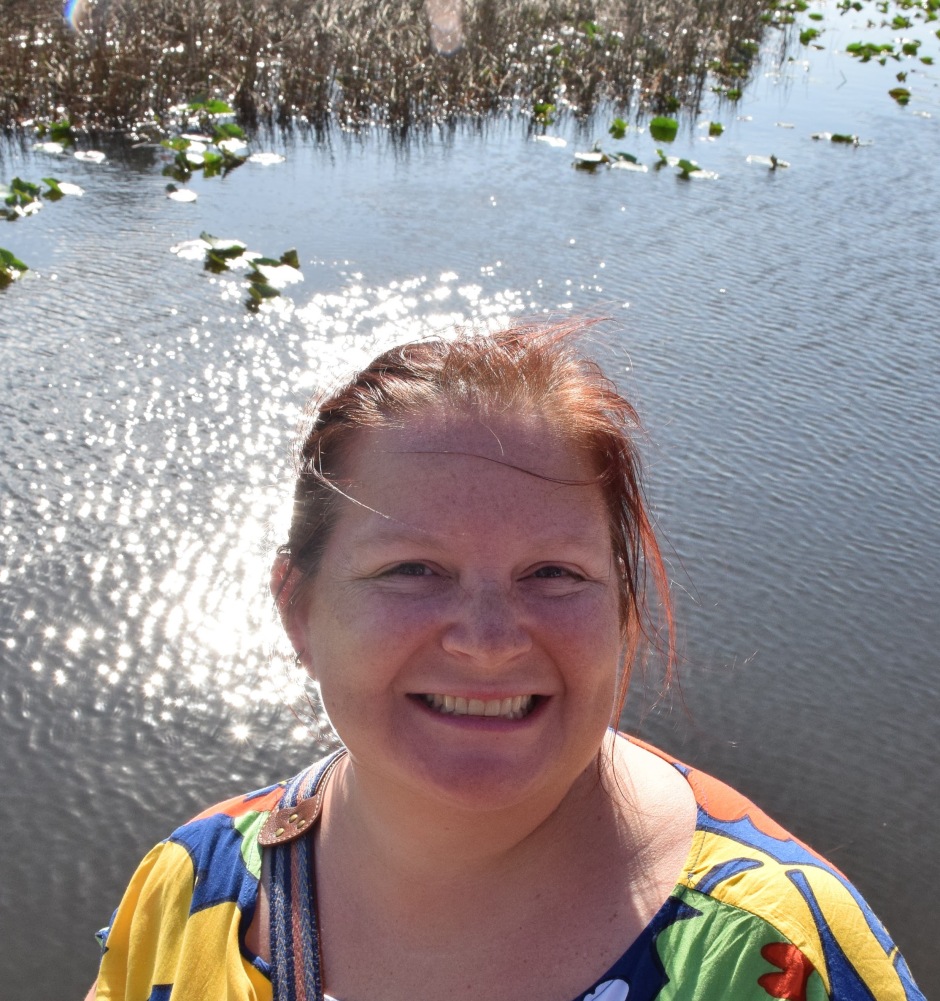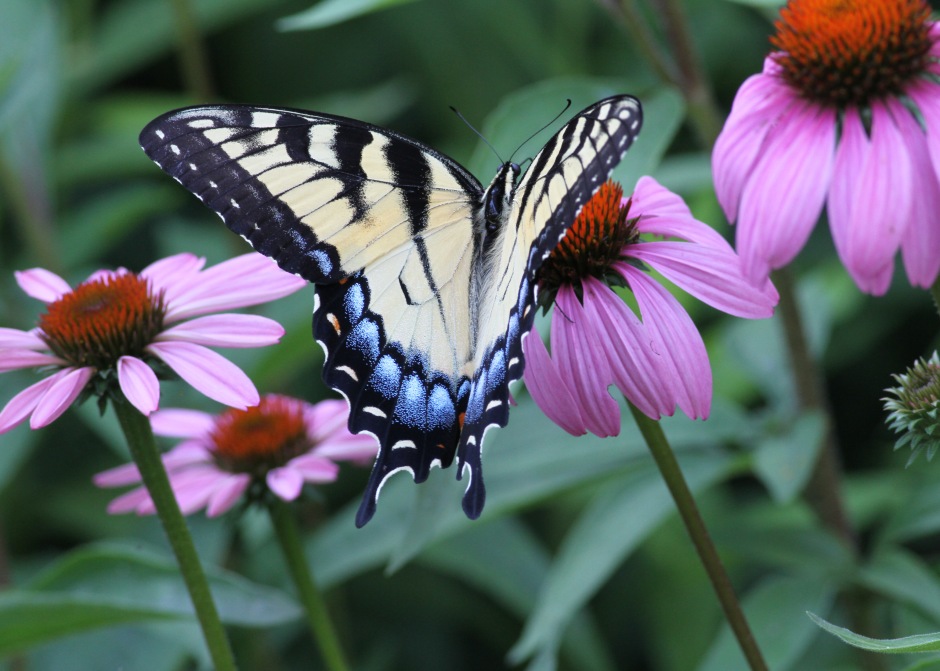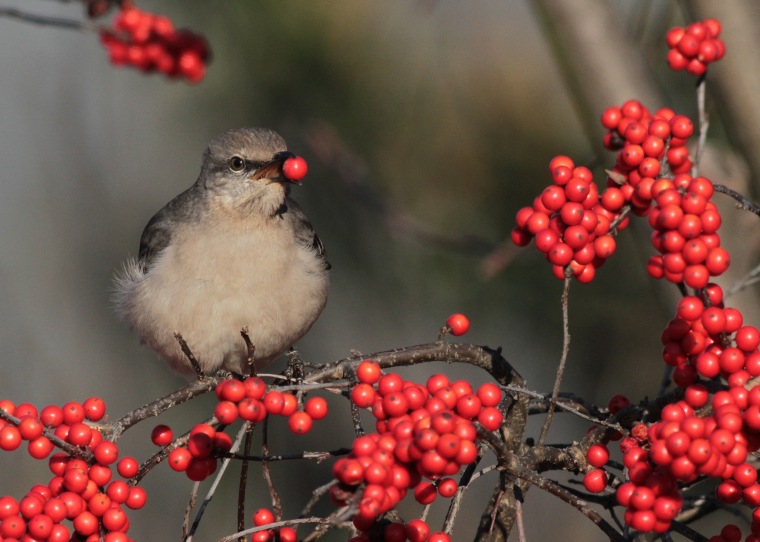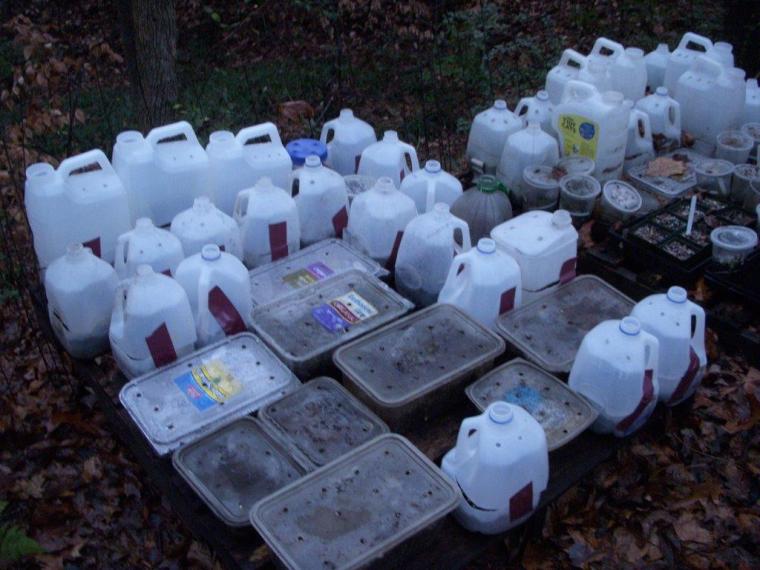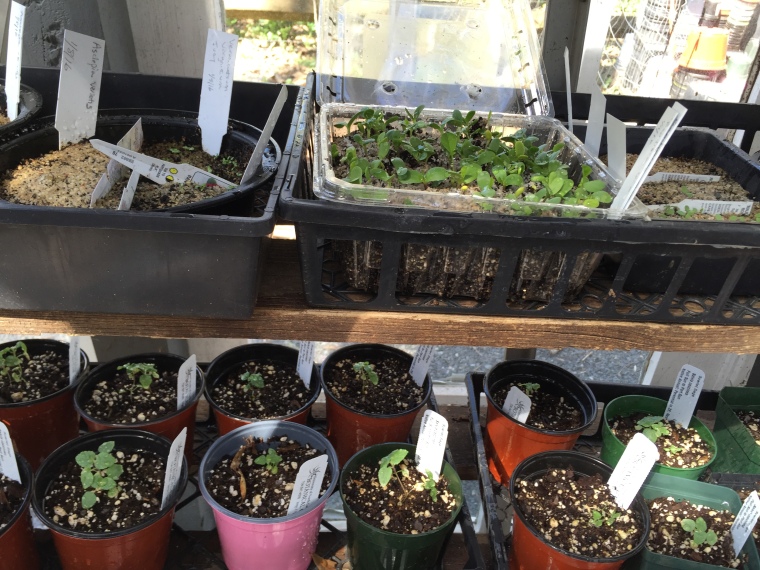NCNPS-Southern Piedmont Chapter January Meeting
Angel Hjarding will share the Butterfly Highway creation story, and explore how NCNPS members can become more involved in our local communities. Angel is in the process of completing her doctoral degree in Geography from the University of North Carolina Charlotte. As a part of her doctoral research, she conceptualized the Butterfly Highway as a way to bring beautification to underserved urban neighborhoods and create opportunities for residents to reconnect with nature. Since joining NCWF, the Butterfly Highway has grown from 50 residential gardens to over 1,300 gardens across NC. To learn more about the many projects Butterfly Highway has completed this year visit the Butterfly Highway page on the NCWF website or follow The Butterfly Highway on Facebook.
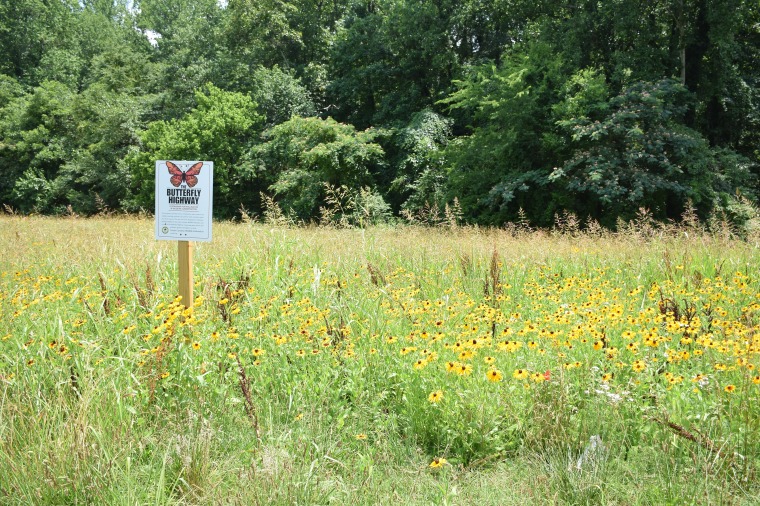
Angel will have Butterfly Highway custom seed mix packets for sale, $5.00 each. You can learn more about the seeds in these packets at the NC Wildlife Federation website.
Details:
Date: Sunday, January 8
Time: 2:00-4:00
Location: Reedy Creek Nature Center,2900 Rocky River Rd. Charlotte, NC 28215
RSVP: ncnpsspchapter@gmail.com
News and Upcoming events:
If you are looking for any recent copies of the Bird Friendly Native Plant of the Month flyer, they are all listed in our blog to give you great ideas while you sit inside this winter dreaming of where to put your shovel in your garden next spring! It’s too early to plant, but not too early to plan!!
Mecklenburg County Soil and Water Conservation District Tree and Seedling Sale 2017
Leslie Vanden Herick and her team at MCSWCD always have a great selection of native trees and shrubs to offer at really affordable prices. And if you pre-order you can skip the line and pick them up Friday, Feb. 24. More details and order forms are on our new Southern Piedmont Chapter blog. Or you can go directly to the MCSWCD to find the form.
Volunteer Opportunties in 2017!
NCNPS-Southern Piedmont Chapter is enthusiastically making plans to engage with our communities in 2017 and we need you! Our biggest volunteer need is Earth Day, April 22, when our chapter participates in numerous festivals and events throughout the region. Please mark your calendars now and plan to help us out to staff a table or booth. Materials are provided, and our community loves to talk about NC native plants!
Our first local event is staffing a table at the MCSWCD Tree Seedling Distribution on Saturday, Feb. 25, 9-12 Noon at the Hal Marshall Center in uptown Charlotte. We need 2-3 people to cover half shifts. If you have time to volunteer please email ncnpsspchapter@gmail.com.
UNCC Certificate in Native Plant Studies
Don’t miss this opportunity to enroll in Botany for Gardeners and Naturalists, Jan. 28-29, the introductory course and pre-requisite for many of the other courses throughout the year. Visit the UNCC Botanical Gardens website for more details and to sign up online. You may know the instructor….our very own NCNPS President, Dr. Larry Mellichamp!

